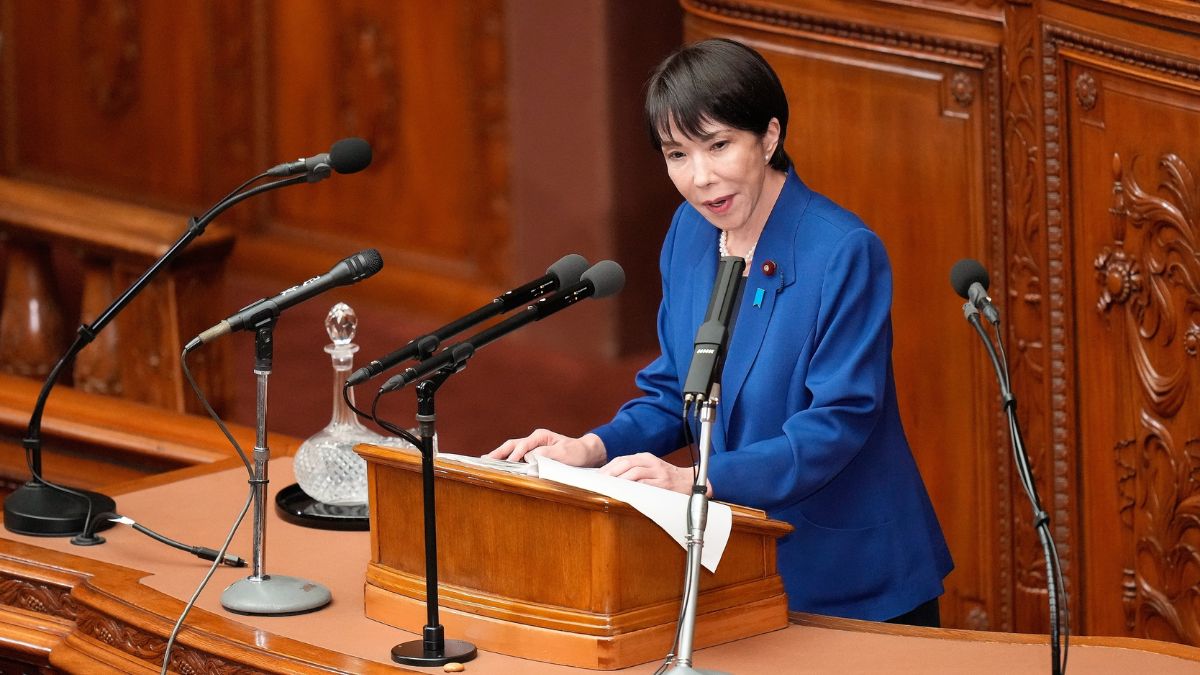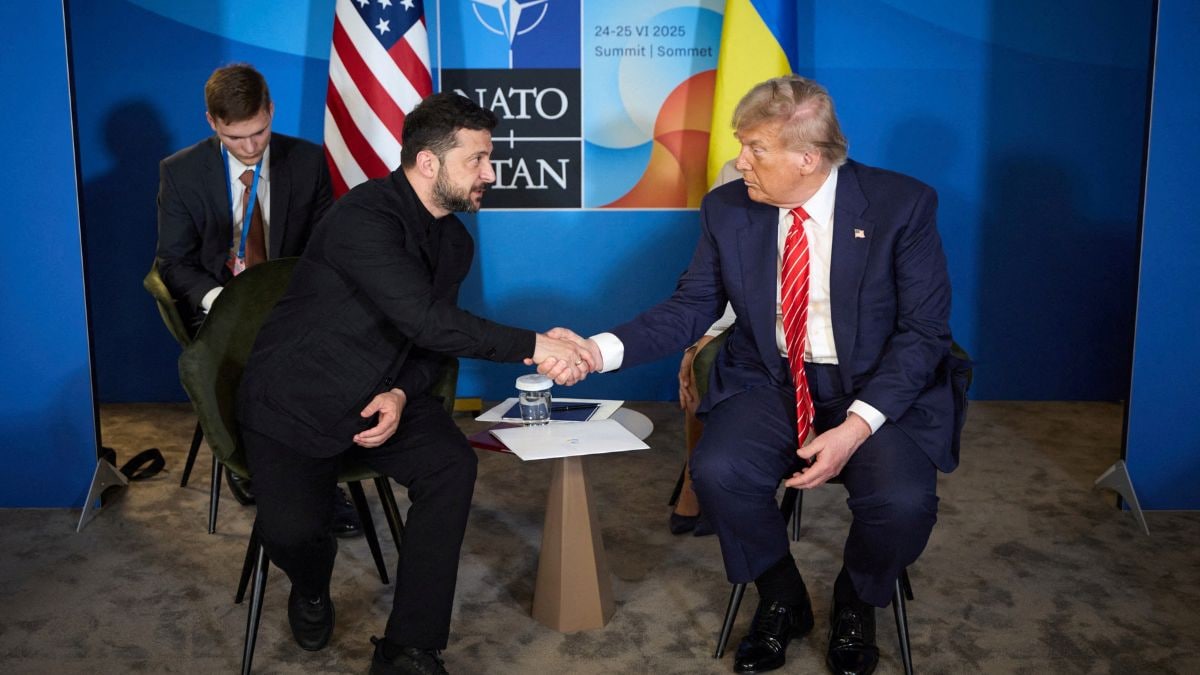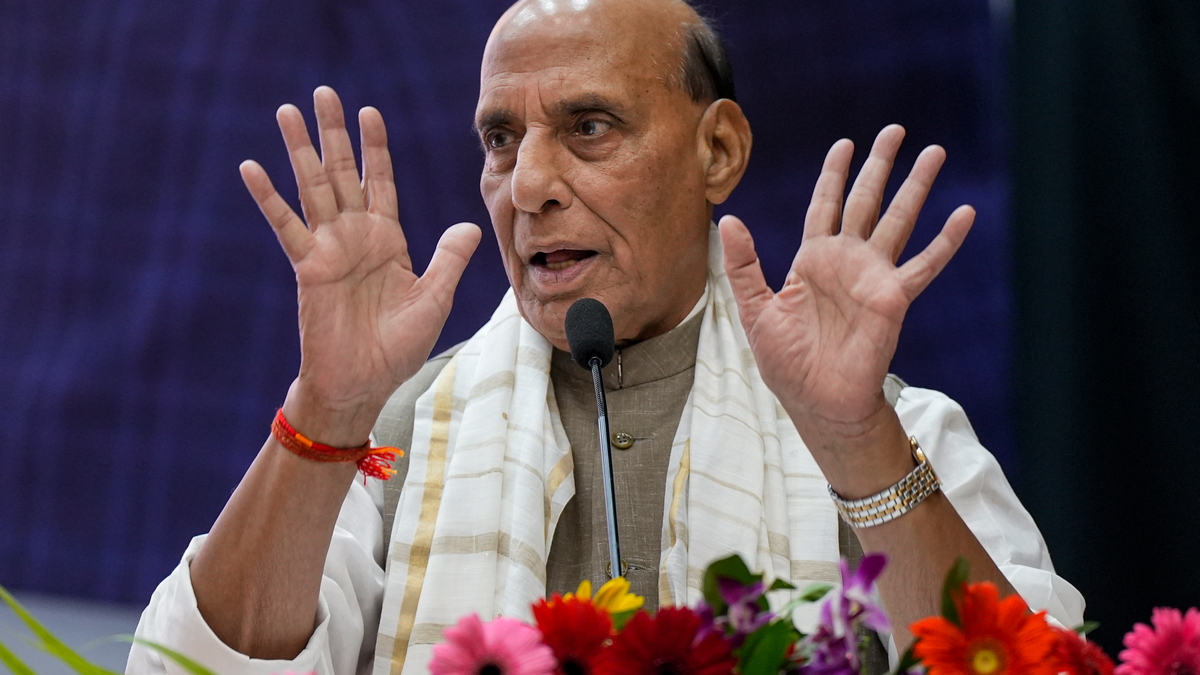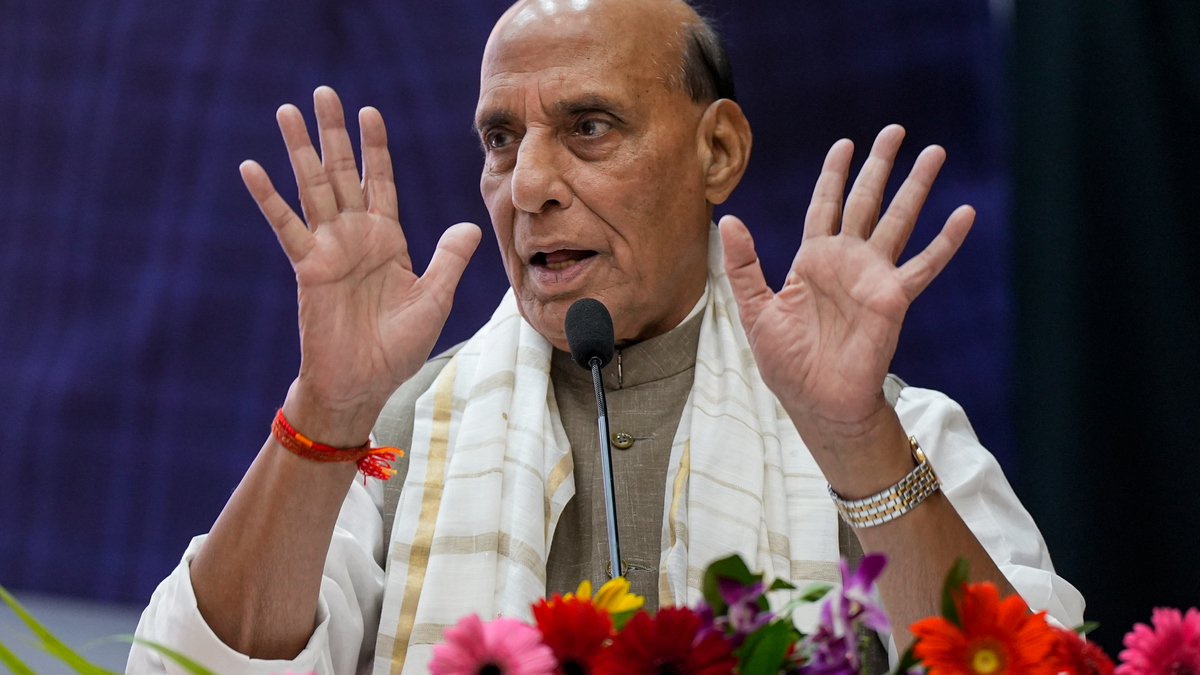Despite rising criticism from China, Japan’s new prime minister, Sanae Takaichi, shows no sign of backing away from her firm and unapologetic position on Taiwan, a stance shaped as much by domestic politics as by the shifting geopolitical landscape in East Asia.
What triggered the Japan–China war of words
The firestorm began earlier this November when Takaichi, only weeks into the job, outlined how Japan might respond if China attacked Taiwan. Her message to parliament was blunt: such an assault could constitute “a situation threatening Japan’s survival,” a trigger that would legally allow a prime minister to deploy the Self-Defence Forces.
China reacted like a tripwire had been hit.
Chinese foreign minister Wang Yi condemned her remarks as “shocking,” accusing Japan of crossing a diplomatic “red line.”
Taiwan—a self-governed democracy that China claims as its own and has vowed to annex by force if necessary—once again sits at the heart of a rapidly escalating dispute.
China has since taken the issue to the United Nations, alleging that Japan is threatening “an armed intervention” in the Taiwan Strait. Beijing’s envoy to the UN, Fu Cong, declared that Takaichi’s comments amounted to “a grave violation of international law,” and in a letter to UN secretary general António Guterres warned:
“If Japan dares to attempt an armed intervention in the cross-Strait situation, it would be an act of aggression. China will resolutely exercise its right of self-defence under the UN Charter and international law and firmly defend its sovereignty and territorial integrity.”
Quick Reads
View AllAlso read | Kill the chicken to scare the monkey: Why China is relentlessly escalating tension against Japan
Yet the global uproar barely dents the upbeat political weather back in Japan.
Barely a month into office, Takaichi is riding a wave of public support, with polls showing nearly seven in ten voters approving of her government—more than double the backing her predecessor, Shigeru Ishiba, enjoyed in his final weeks. This strong mandate gives her considerable room to pursue policies aligned with her ideological worldview, including a tougher line on China and open support for Taiwan.
Central to this momentum is Takaichi’s deep connection with Japan’s conservative bloc.
Her political identity has long been defined by nationalist beliefs that resonate strongly with right-leaning voters. Early in her career, she criticised former prime minister Tomiichi Murayama’s landmark apology for Japan’s wartime aggression, a stance that signalled her support for a more assertive national narrative. Her frequent visits to Tokyo’s contentious Yasukuni Shrine, which enshrines Japan’s war dead including convicted war criminals, further reinforce her image as a leader unafraid of provoking Beijing or Seoul.
At the same time, Takaichi is pushing ahead with domestic priorities, including a $135-billion stimulus package aimed at reviving Japan’s sluggish economy.
With solid public approval, a firmly nationalist base, and a sharpened sense of Japan’s strategic role in the region, Takaichi has little incentive—either politically or ideologically—to soften her position on Taiwan. If anything, the current trajectory suggests she is prepared to double down.


)

)
)
)
)
)
)
)
)



